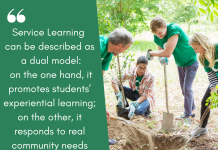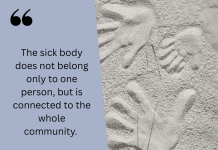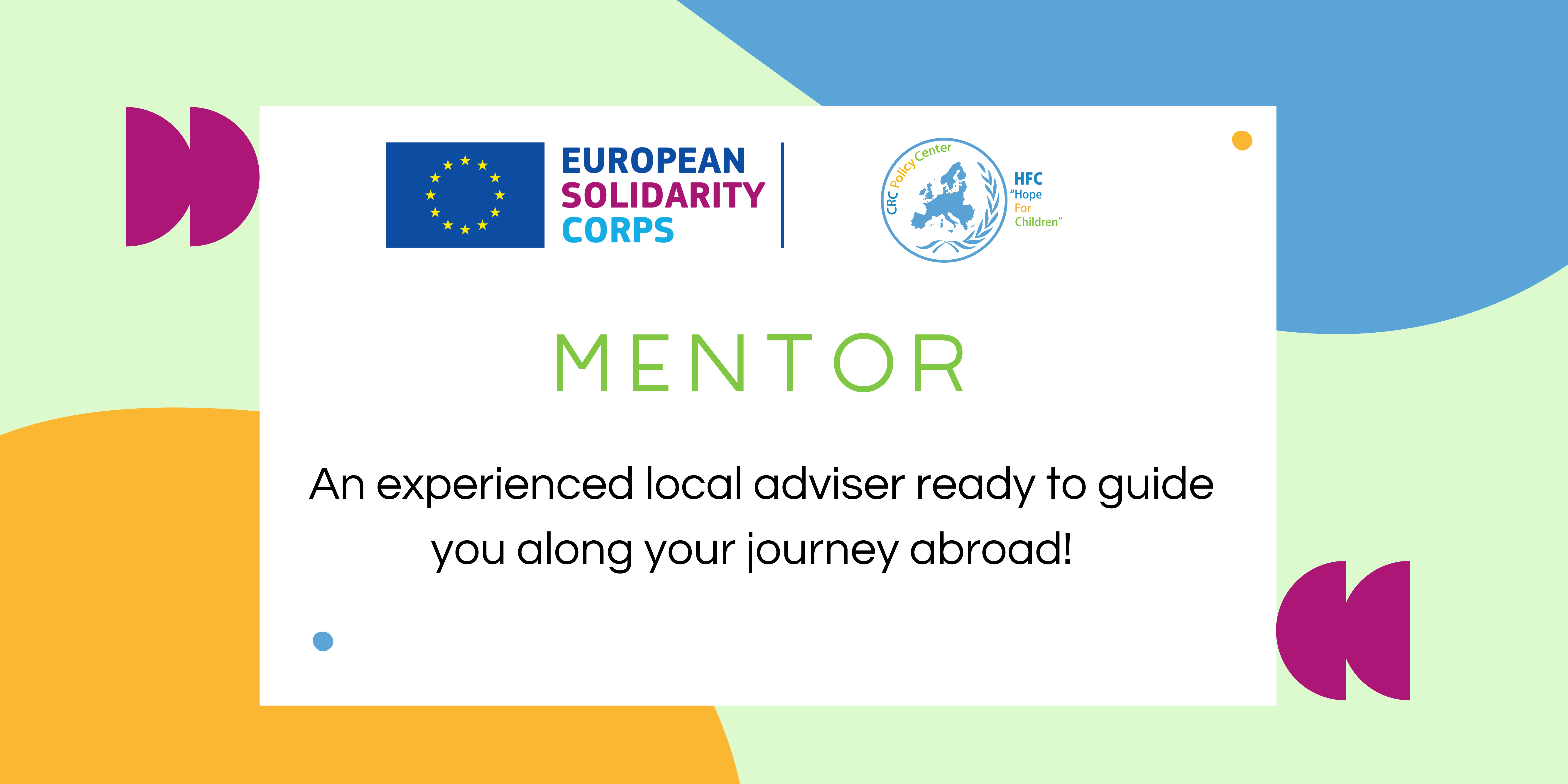Within the framework of the European Solidarity Corps, mentors play an essential role to support volunteers in the hosting country A mentor is like a shadow – in need always there, helping to put various pictures together and see larger perspectives.
The mentor’s activities could include:
- giving technical assistance, clarifying roles and responsibilities;
- identifying and analysing learning experiences, opportunities and gaps;
- encouraging analysis and reflection;
- structuring learning and work and confronting through questioning, listening and giving feedback.
At the beginning the mentor will need to develop a safe and protected environment and be supporter, protector, guide but as the mentee develops confidence and becomes less dependent and more autonomous the mentor will need to develop a more analytical, reflective, critical, challenging role.
Mentors bring experience, perspective, objectivity and distance into the mentoring relationship. They can offer a long term view for the organisation and the individual. They are influential in terms of helping the ESC volunteer reach their goals and aspirations. They care about the mentee and focus on the needs of the individual. They can provide empathy, candour, openness and honesty.
The following are the four primary areas of intervention a mentor can employ to perform his or her role. While some programs may have more specific roles for their mentors, at minimum, they all include the four primary that are presented below:
- Establish a positive, personal relationship with the ESC volunteer
♦ Establish mutual trust and respect
♦ May be unique to each specific match
♦ Maintain regular interaction and consistent support
♦ Make it enjoyable and fun
- Help the ESC volunteer to develop or begin to develop life skills
♦ Work with your volunteer to accomplish specific program goals (all those learning objectives that the European Solidarity Corps – ESC is aiming for beyond the contribution of the volunteer in helping local community)
♦ Instil the framework for developing broader life-management skills (i.e. decision making skills, goal setting skills, conflict resolution, money management, etc.)
- Assist the ESC volunteer on obtaining additional resources
♦ Provide awareness of community, educational, and economic resources available and how to access these resources
- Increase the ESC volunteer ability to interact with people/groups/things from various backgrounds (cultural, racial, socioeconomic etc.)
♦ Respect and explore differences among people/groups from various backgrounds; do not promote values and beliefs of one group as superior than another
♦ Introduce the ESC volunteer to different environments, i.e. workplace vs. School setting; discuss differences in behaviour, attitude, and style of dress.
If you are interested in mentoring for “Hope For Children” in the framework of the ESC program, please contact Emma Mesikammen (mesikammen.e@uncrcpc.org)















